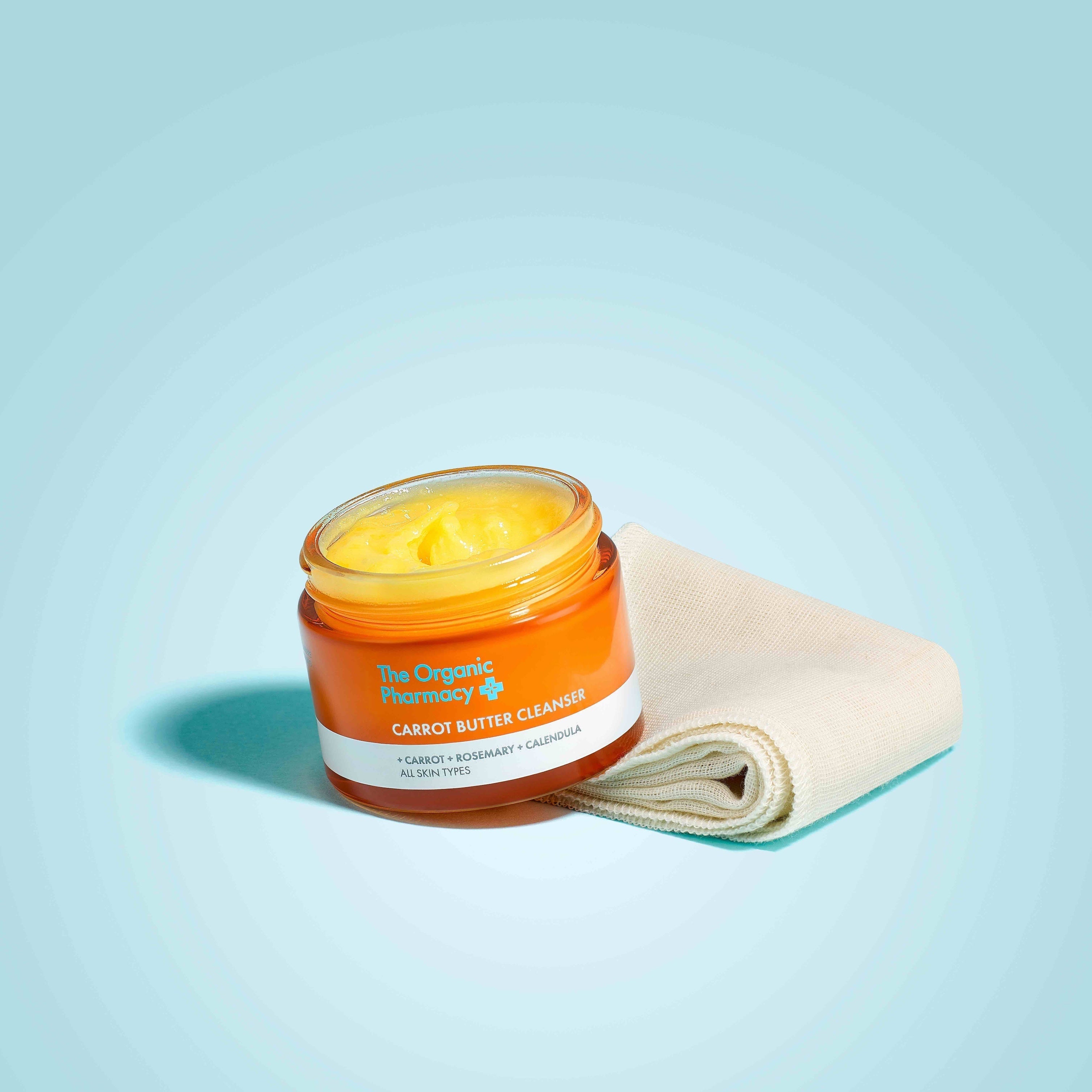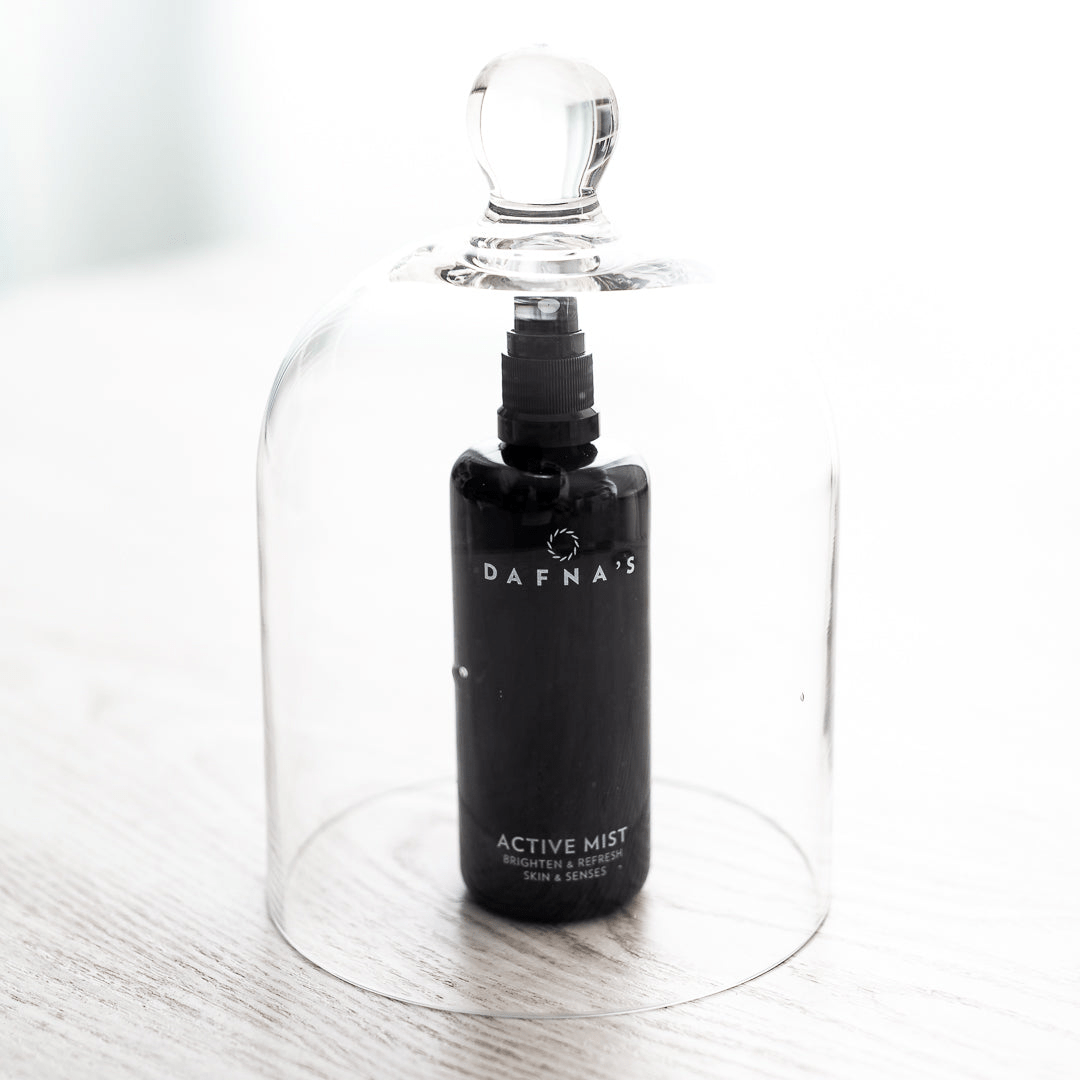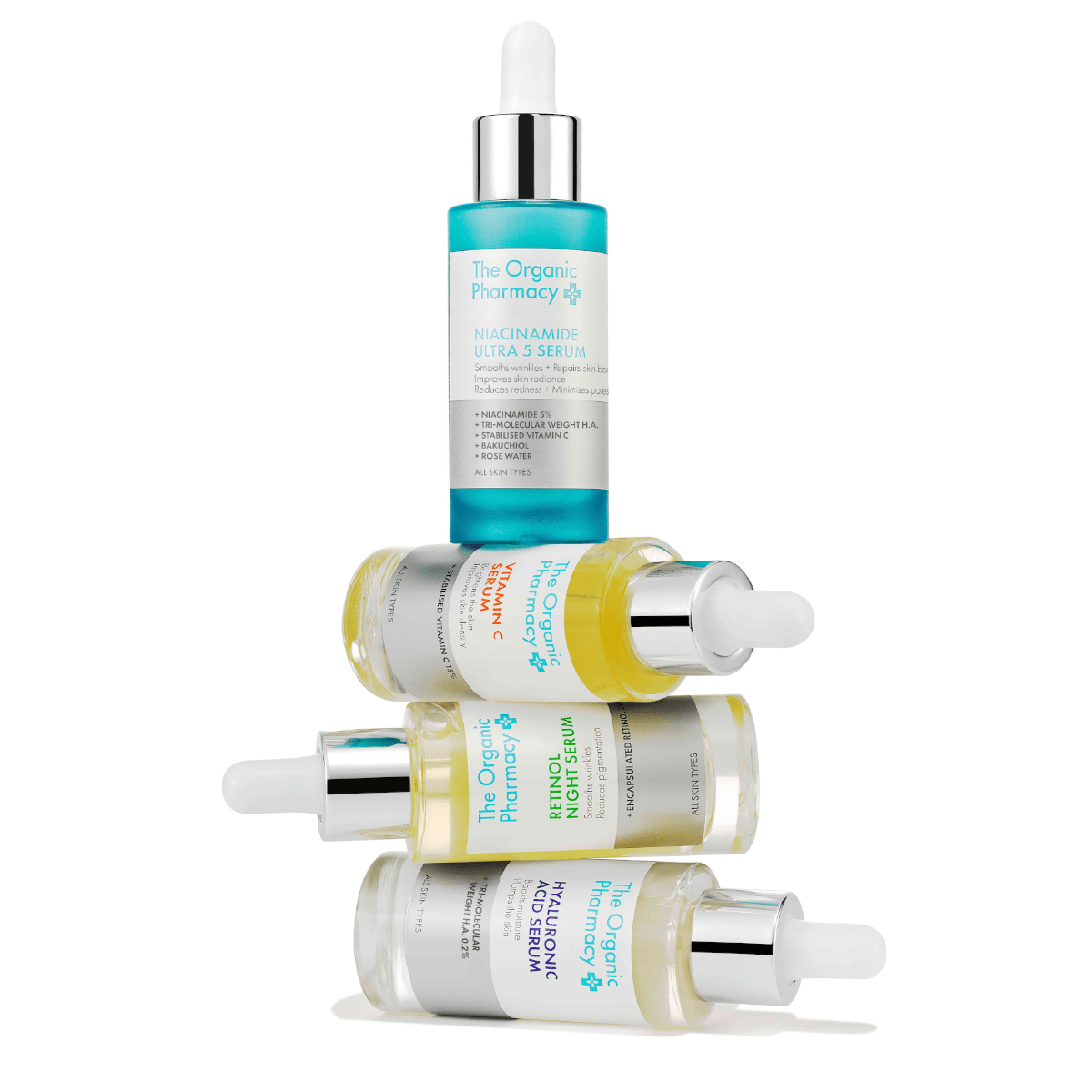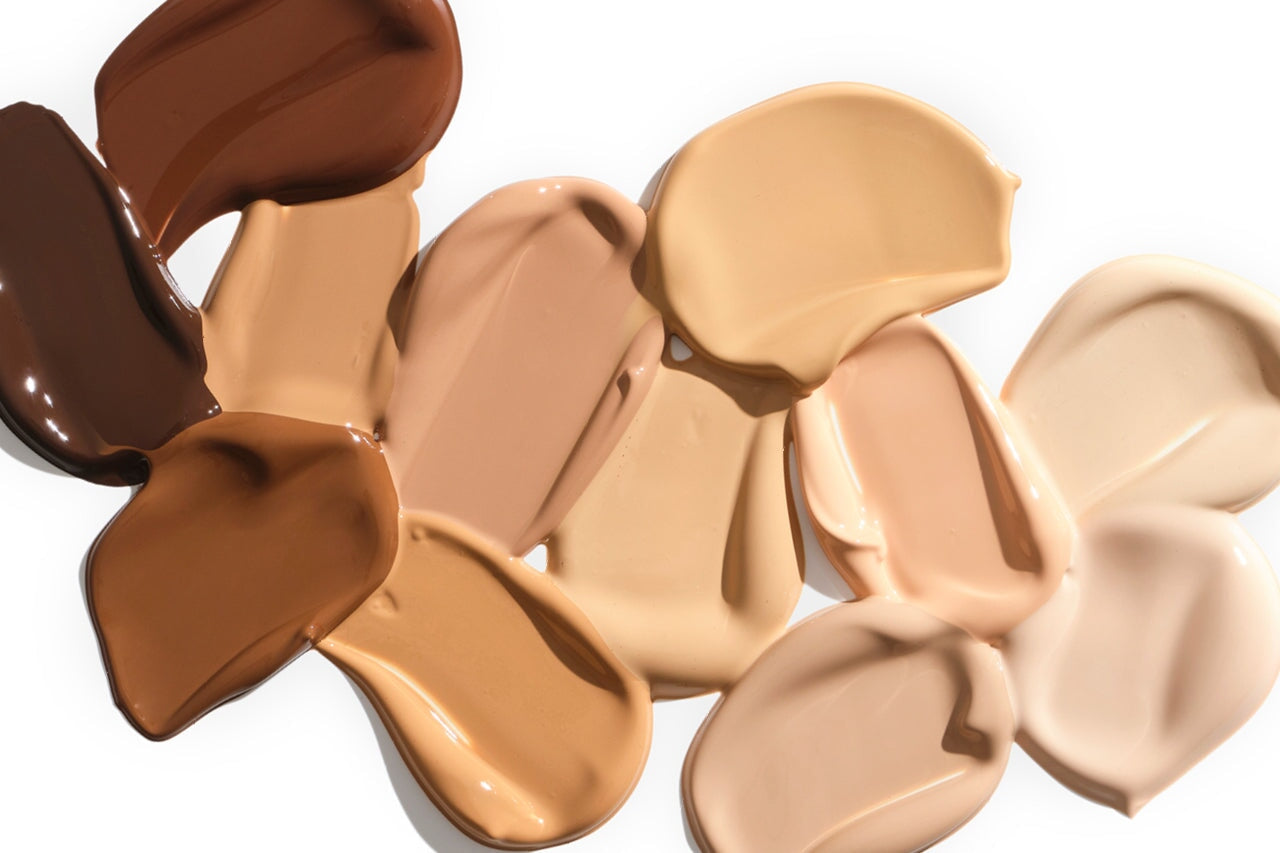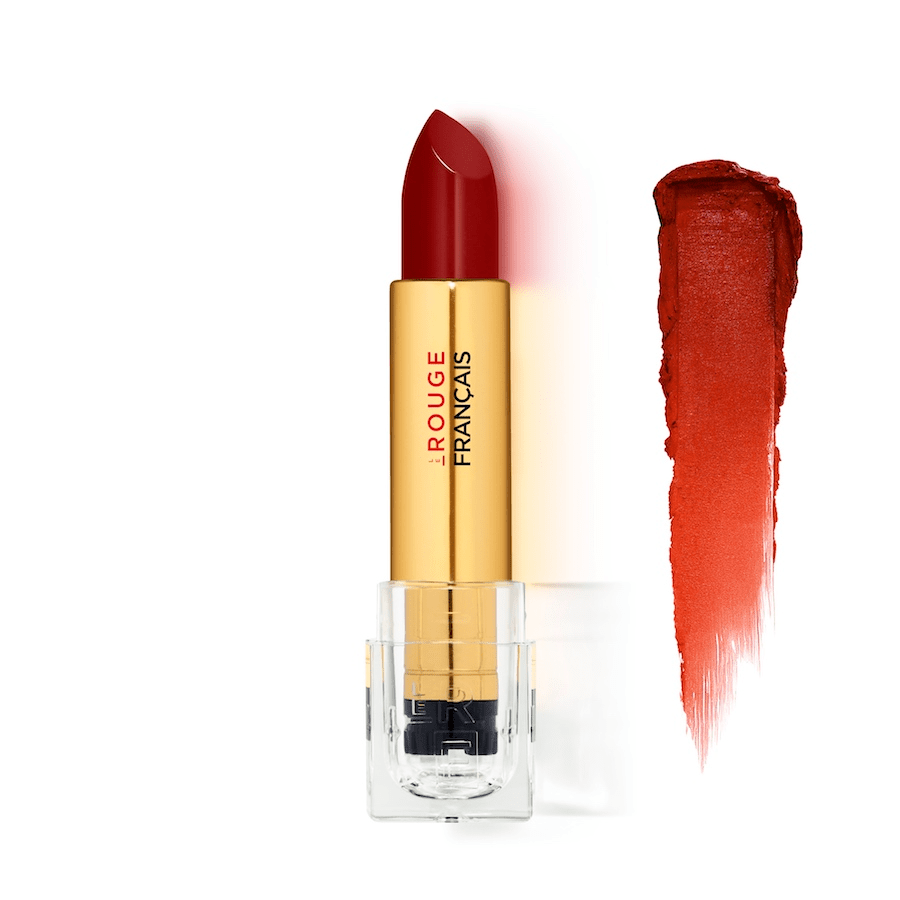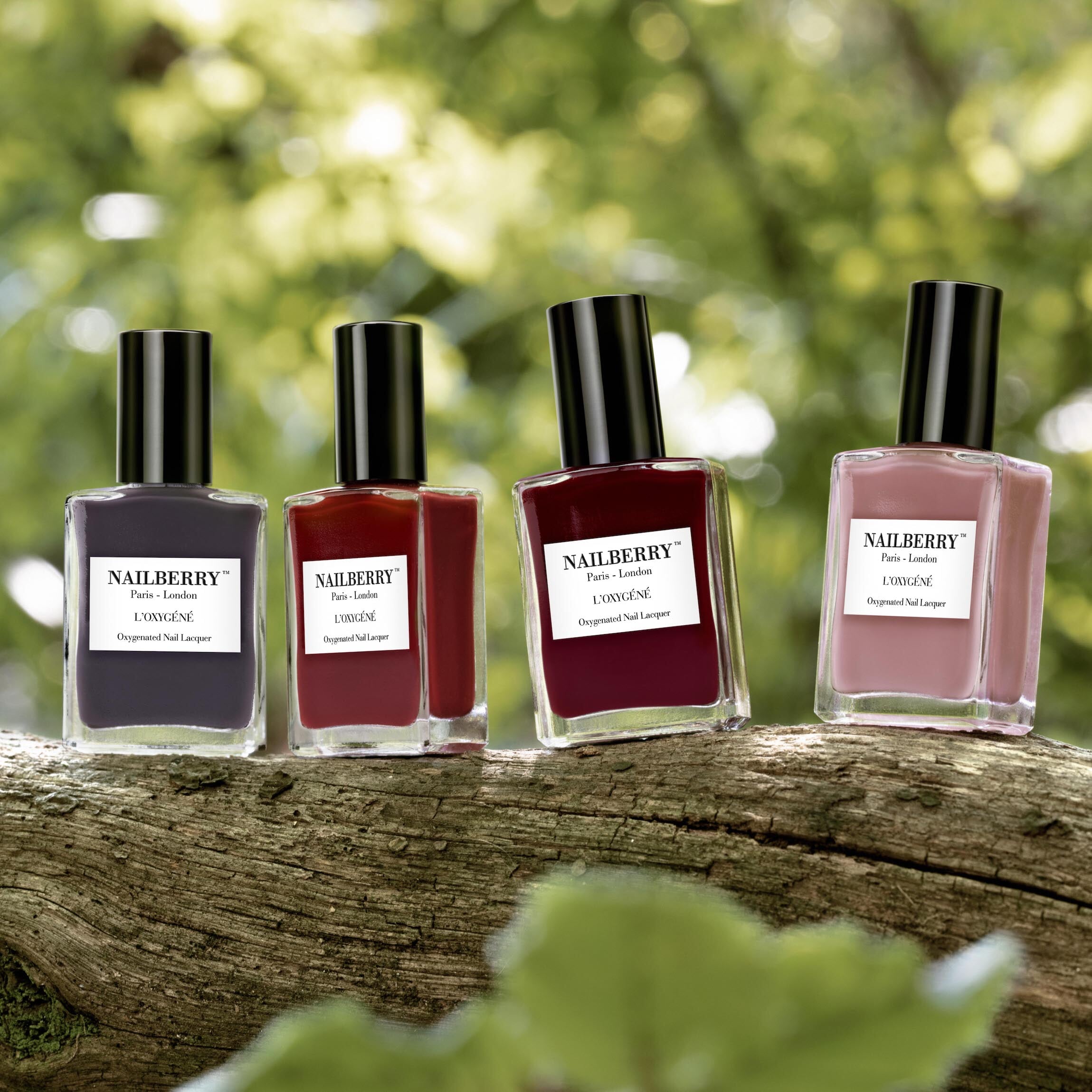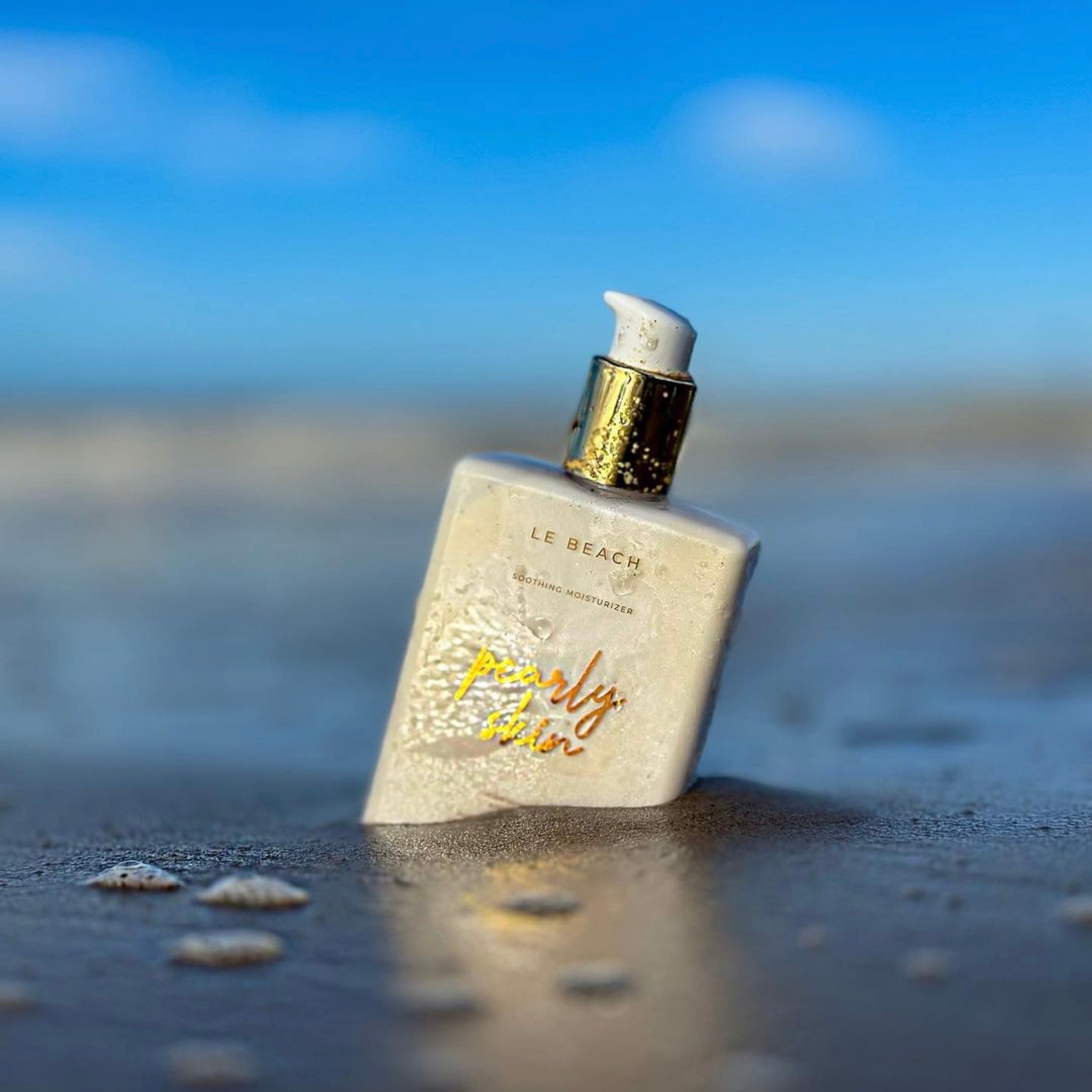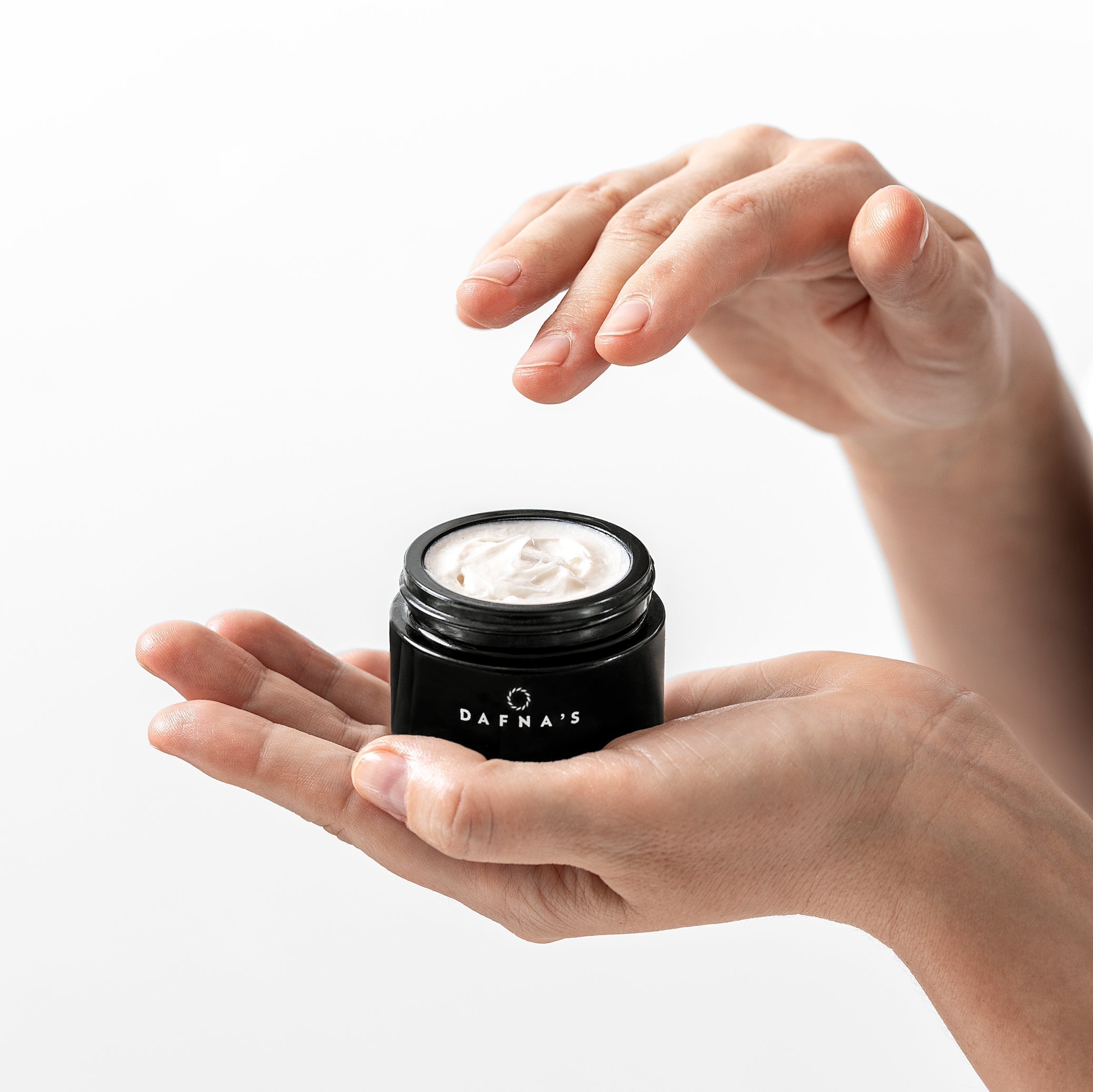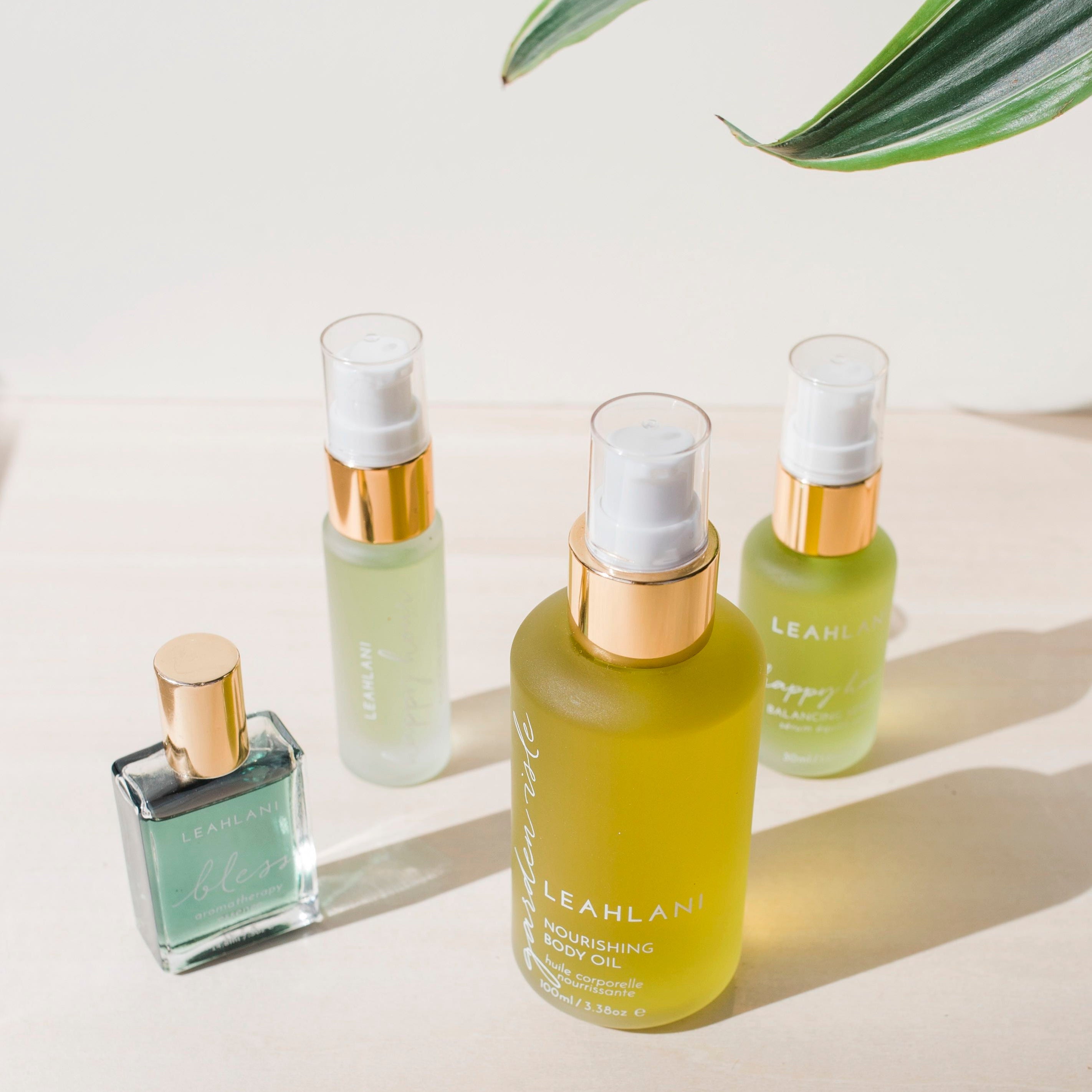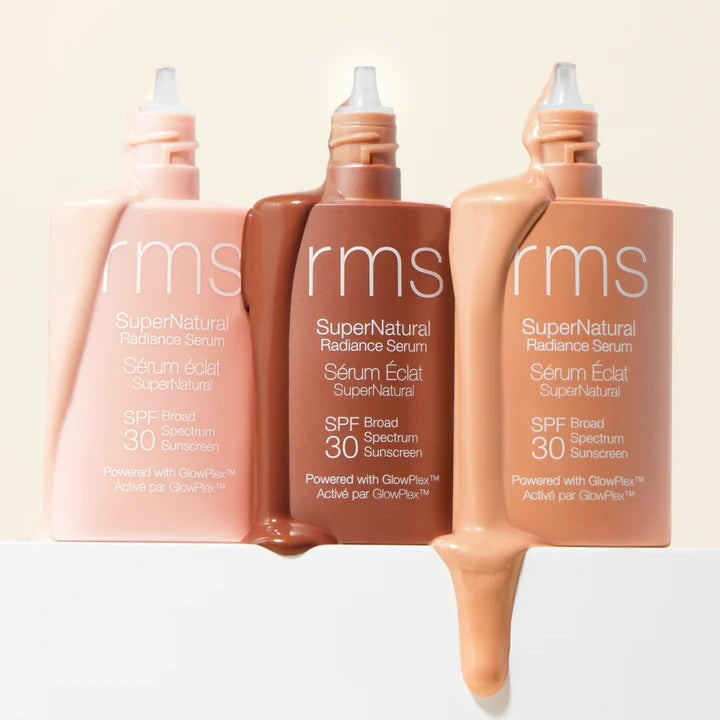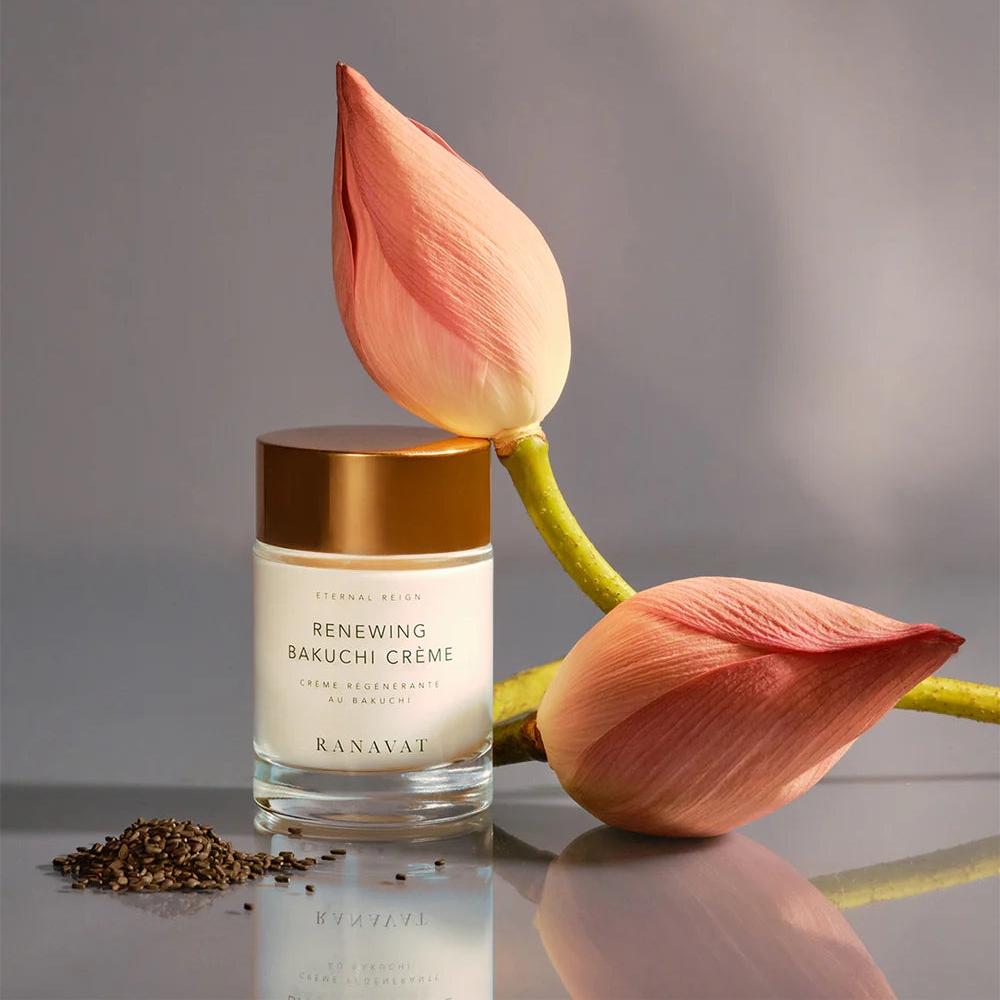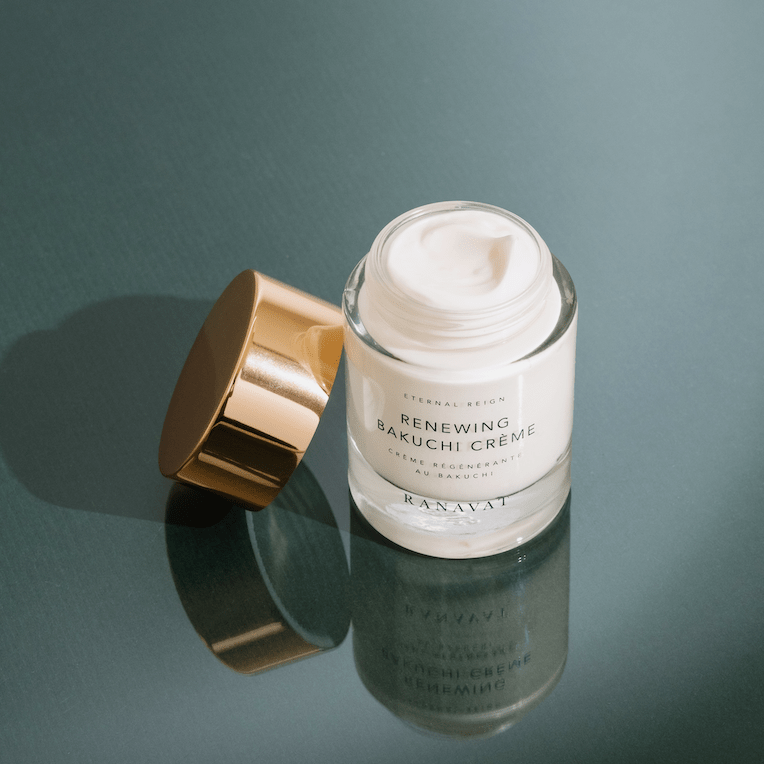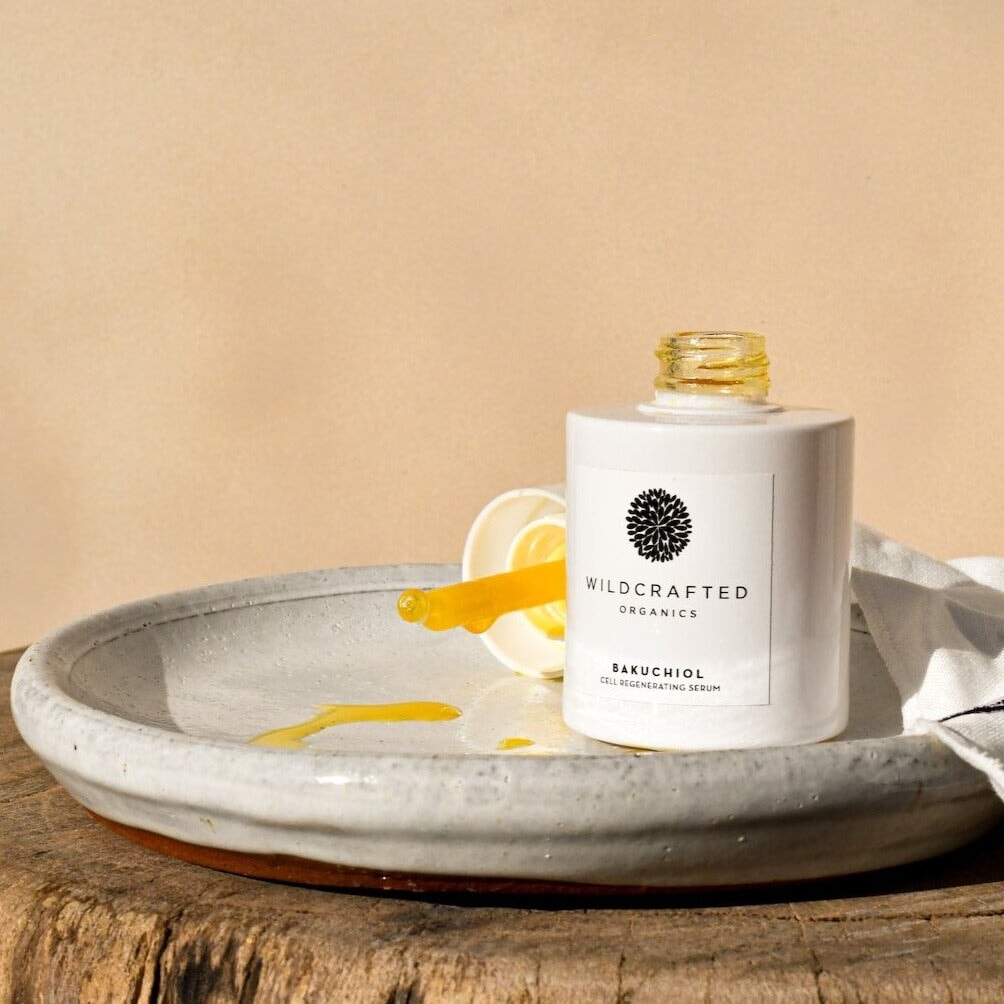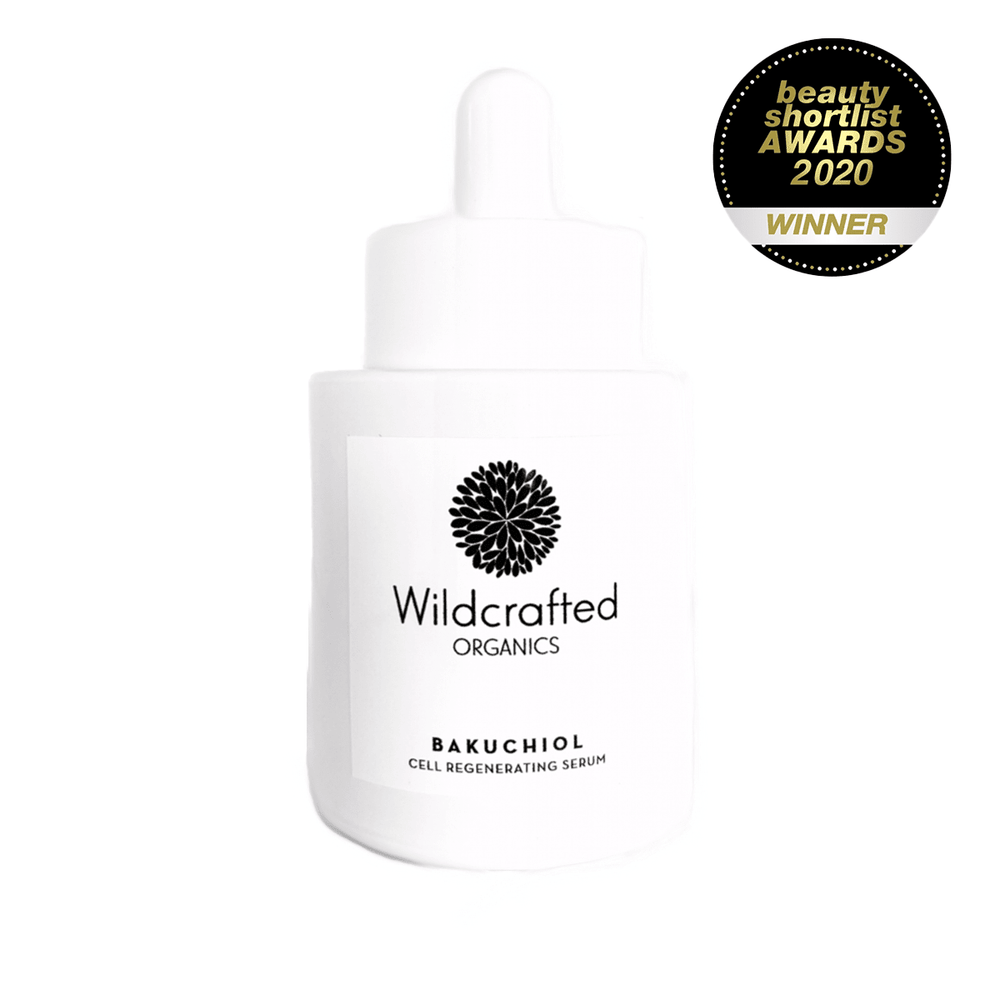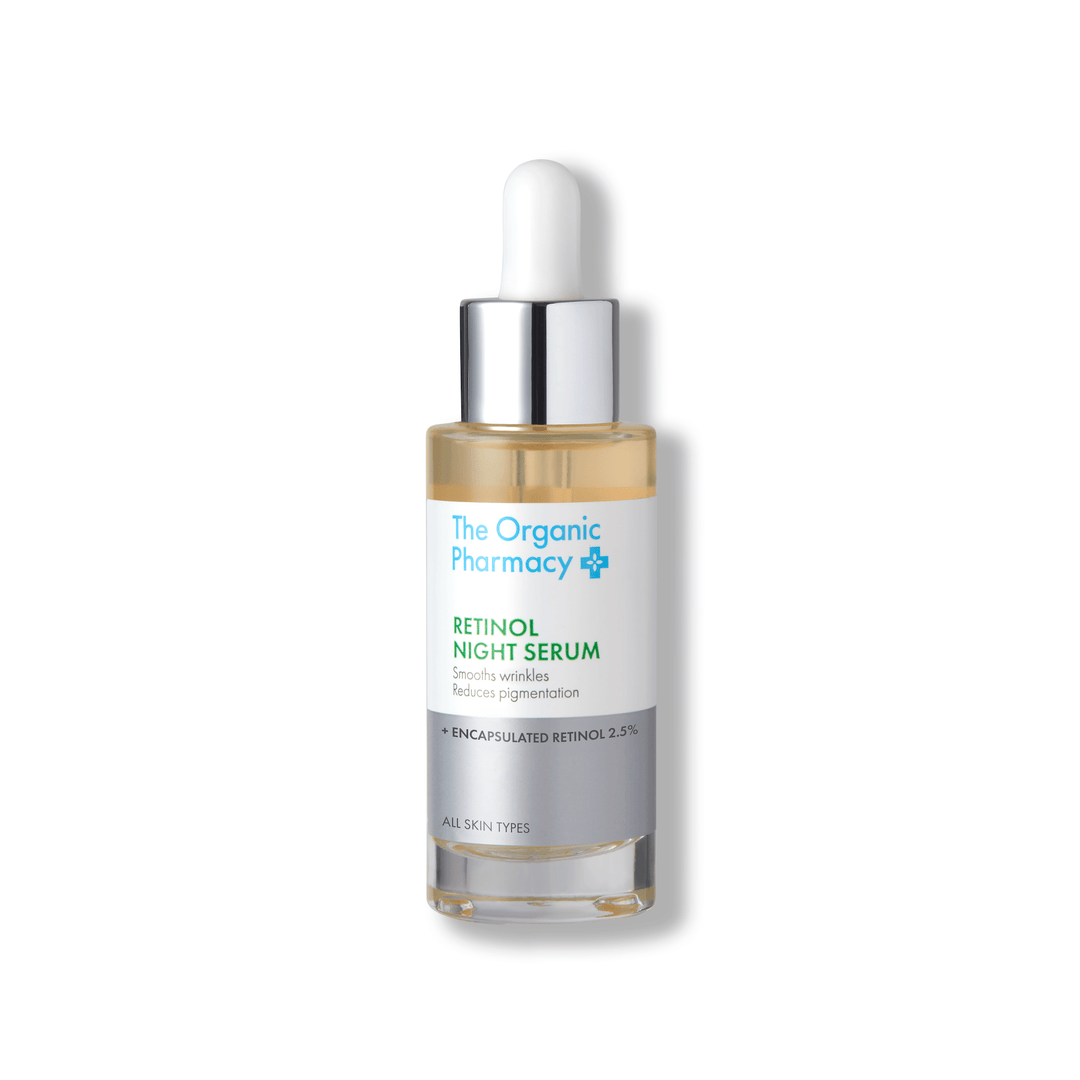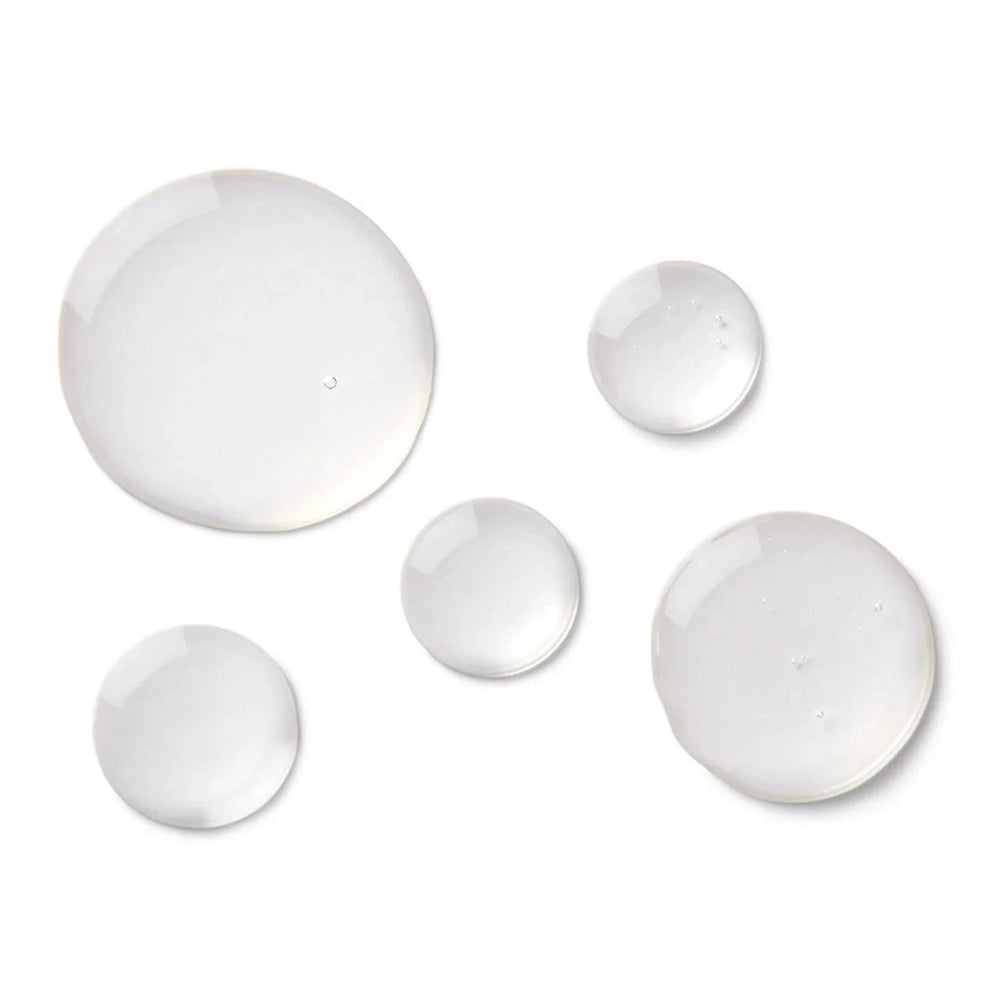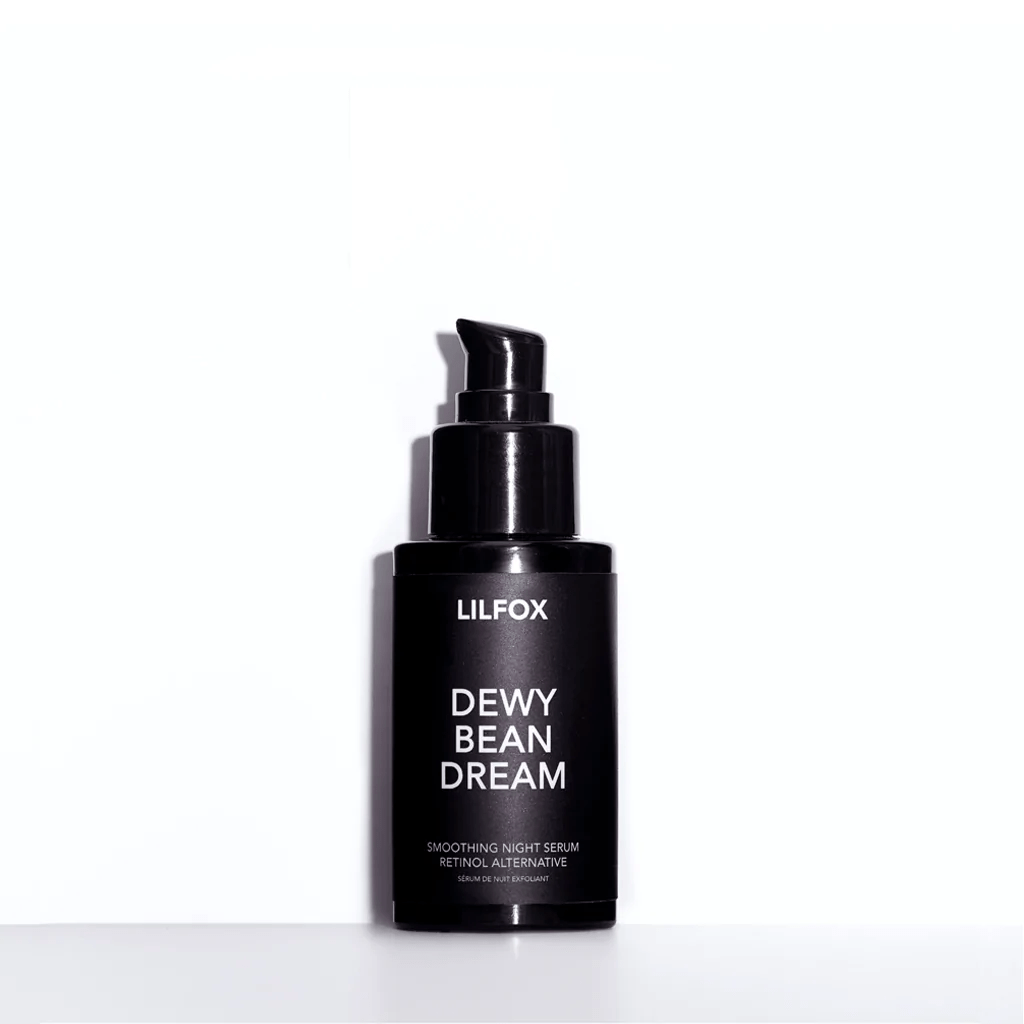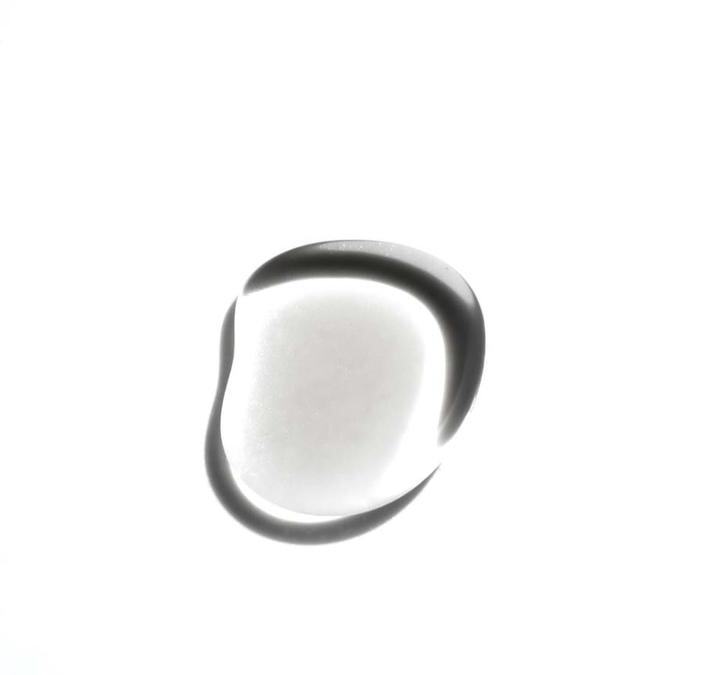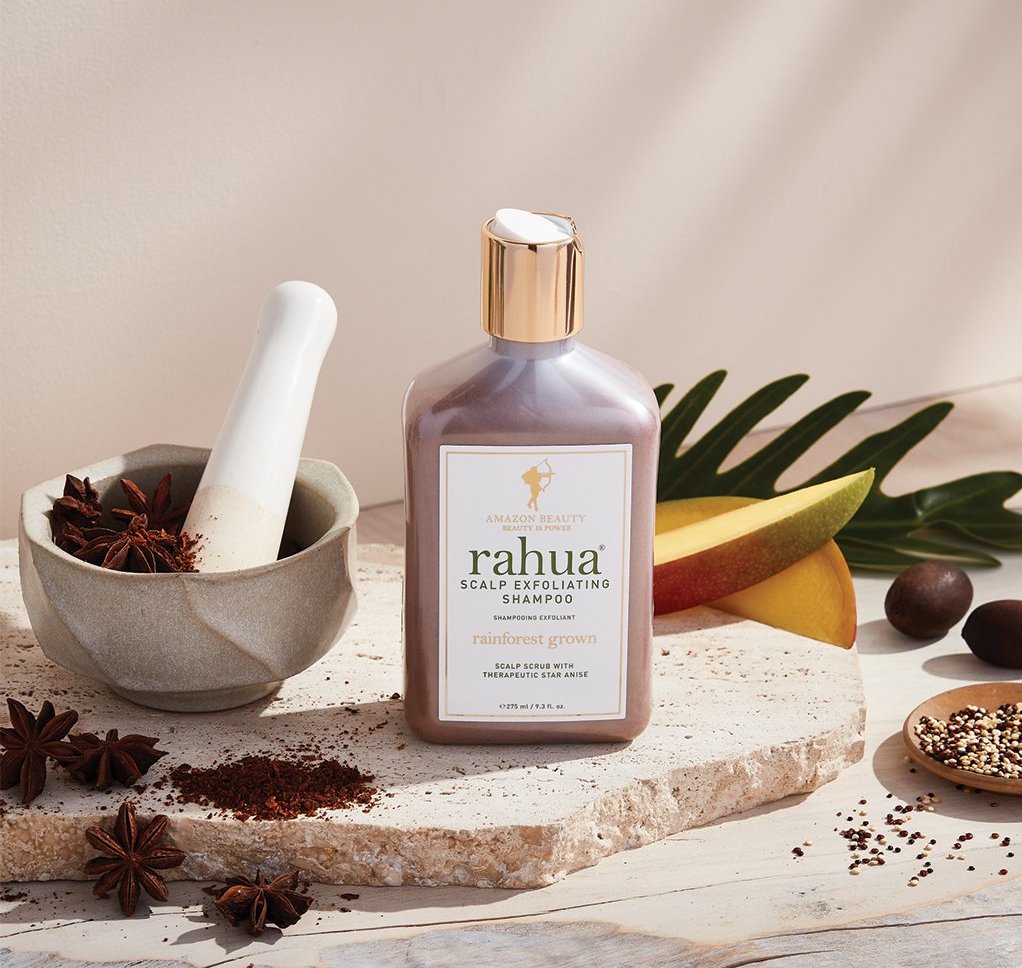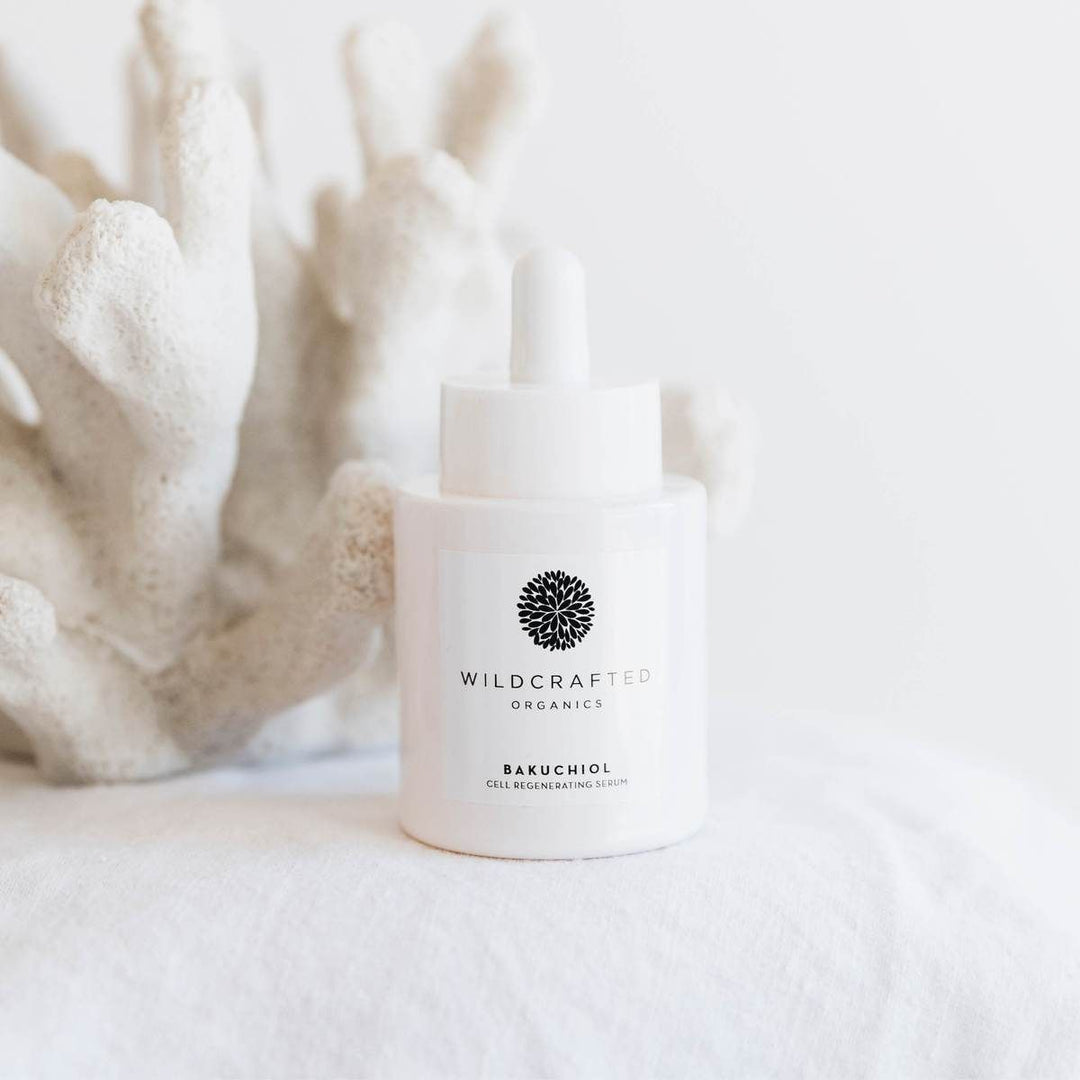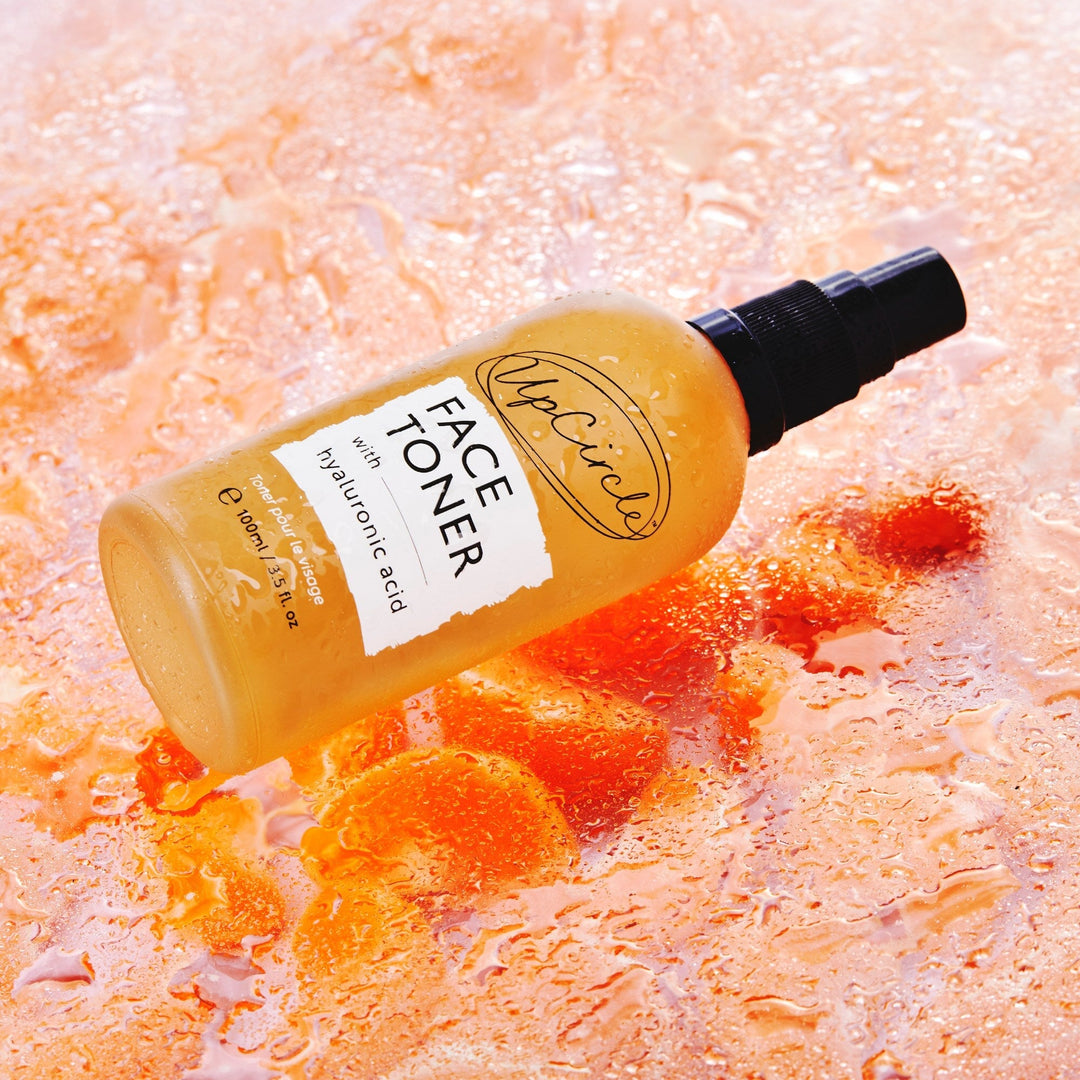Clean beauty, natural cosmetics and skincare routines for sensitive skin: Your tips for radiant skin

Do you suffer from sensitive skin prone to redness, tightness, or itching? Then you know how difficult it can be to find the right care products. Clean beauty and natural cosmetics offer a gentle yet effective solution, but choosing the right ingredients and care products is crucial. Natural cosmetics and clean beauty, if interpreted as strictly as we do, avoid harmful chemicals and instead rely on natural ingredients that soothe and protect your skin. Learn how to create a skincare routine specifically for sensitive skin—all naturally!
What distinguishes clean beauty from natural cosmetics?
Clean Beauty Products
are free from harmful ingredients such as parabens, synthetic fragrances, and sulfates. They contain both natural and skin-friendly synthetic ingredients.

Natural cosmetic products
rely on purely natural ingredients, often from organic farming. Natural cosmetic products are also free of synthetic ingredients and animal testing and are often certified by labels such as NATRUE or ECOCERT.
Both approaches are excellent for sensitive skin, although you should always consider which ingredients your skin tolerates best. Whether you choose clean beauty or natural cosmetics with their plant-based ingredients, as long as both approaches are gentle, it's purely a matter of taste.

Why does sensitive skin need special care?
Sensitive skin has a weakened skin barrier and is more sensitive to external influences such as pollution, weather changes, and even stress. With a well-thought-out skincare routine, you can soothe, protect, and nourish your skin—without overloading it.
Fermented active ingredients: A highlight in natural cosmetics
Fermented active ingredients are particularly gentle on the skin and are increasingly being used in natural cosmetic products. During the fermentation process, natural ingredients are broken down and broken down by microorganisms such as bacteria or yeast, which improves their nutrient absorption, increases their effectiveness and skin compatibility, and improves the bioavailability of the ingredients. Here are a few examples of fermented active ingredients:

1. Fermented Green Tea: Packed with antioxidants, this ingredient helps soothe your skin and protect it from free radicals.
2. Fermented lactic acid bacteria: Support your skin's microbiome and strengthen its natural protective barrier.
3. Fermented rice water: Soothes and nourishes your skin while providing a healthy glow.
4. Fermented Ginseng: This herbal ingredient revitalizes your skin and soothes irritation.
The best ingredients in natural cosmetics and clean beauty for sensitive skin
If you have sensitive skin, these natural ingredients are especially gentle and effective:

- Aloe vera is known for its soothing and moisturizing properties. It helps relieve irritation and redness and supports the healing process of minor injuries or sunburn. Aloe vera also contains vitamins, minerals, and antioxidants that can nourish the skin and protect it from environmental damage.
- Chamomile is known for its soothing and anti-inflammatory properties, which are especially beneficial for sensitive skin. It helps reduce redness and irritation and soothes the skin, thus aiding in the treatment of blemishes and allergic reactions. Chamomile is also rich in antioxidants, which can protect the skin from free radicals and promote the healing process.
- Jojoba oil is a lightweight, non-comedogenic oil that helps the skin retain its natural moisture and is ideal for sensitive skin types. It has anti-inflammatory properties that can soothe redness and irritation, and its structure is similar to the skin's natural sebum, thus supporting skin regeneration. Jojoba oil is also rich in vitamins and antioxidants that protect the skin from environmental aggressors and improve its elasticity.
- Hyaluronic acid is a natural component of the skin that has the ability to bind large amounts of water, thus providing the skin with intense hydration. It has a calming effect that can reduce irritation and soothe the skin. Furthermore, hyaluronic acid supports the healing process and helps repair skin barriers, thereby promoting overall skin health.
- Calendula has anti-inflammatory, soothing, and healing properties that can help relieve redness, irritation, and inflammation. Calendula is rich in flavonoids and other antioxidants that can protect the skin from free radicals and support skin regeneration.
- Camellia seed oil It's lightweight and absorbs quickly without leaving a greasy feeling. It's also rich in antioxidants and fatty acids that can soothe, hydrate, and protect the skin from environmental aggressors. It also has anti-inflammatory properties that can help relieve skin irritation and redness.
Your step-by-step natural cosmetic routine for sensitive skin

1. Care step: Cleansing sensitive skin
Choose a mild, sulfate-free, naturally derived cleanser. A cleansing oil or balm with jojoba oil gently removes makeup and dirt without over-drying your skin. Caution: Never scrub or rub vigorously. Gently glide the cleansing oil or a balm-to-milk cleanser over your skin, adding water to further emulsify the product. Ideally, you won't just rinse off the facial cleanser that lifted the dirt from your skin with water. Instead, soak a soft muslin cloth in warm water to gently remove the cleanser and the impurities from your skin.
You can find our facial cleansers for sensitive skin at this link
2nd care step: Toning sensitive skin
Use an alcohol-free toner with rose water or witch hazel to soothe your skin. Toners with fermented ingredients like rice water or green tea will further strengthen the skin's barrier. Spritz your face with it or pour a little into your palm, smooth the active ingredient over your face, and gently press it into your skin with both hands. Avoid rubbing too hard; use a gentle squeeze instead.
You can find our toners for sensitive skin at this link .
3rd care step: Serum for sensitive skin
Serums with healing and/or fermented ingredients like fermented green tea or hyaluronic acid provide intense hydration and help soothe your skin. They're the active ingredient boosters in your skincare routine because they have a lighter, finer consistency that's easily absorbed by the skin. This allows the healing and barrier-strengthening active ingredients to penetrate deeper into the skin and help the skin cells where they're needed.
You can find our serums for sensitive skin at this link.
4. Care step: Moisturizer/Cream/Balm/Facial oil
Choose a natural, light moisturizer with healthy lipids like shea butter or avocado oil, which nourish your skin without weighing it down. Lipids, combined with other moisturizers applied after serum, help your skin protect itself from external sources and retain moisture. Natural ingredients are particularly effective here because they don't just create a protective barrier over your skin, but encourage the skin cells to work on their own and actively build the skin's own protective barrier. They are also generally gentler than their synthetic counterparts. Fermented ingredients like ginseng also help revitalize your skin and soothe irritation.
You can find our moisturizing care for sensitive skin at this link .
5th care step: sun protection
Sunscreen is also a good idea in fall and winter, even when the sun hides behind clouds. UVA rays say hello! 🙋♀️ UV-A rays penetrate deeper into the skin and are responsible for skin aging and the risk of skin cancer. It's therefore important to use sunscreen even on cloudy days to protect your skin from these harmful rays. Mineral sunscreens containing zinc oxide or titanium dioxide are ideal for sensitive skin because they are less irritating than chemical filters.
You can find our sun protection at this link.
Additional tips for sensitive skin
- Patch test: Always test new skincare products on a small area before applying them to a larger area.
- Avoid over-care: Too many products can overwhelm your skin. A minimalist skincare routine with a few, high-quality natural or clean beauty products is the best approach for sensitive skin.
- Environmental protection: Always apply a moisturizer that protects your skin from environmental influences such as air pollution and weather changes.
With natural cosmetics and clean beauty, you can care for sensitive skin gently and effectively. The use of natural, organic ingredients, especially fermented active ingredients, helps soothe the skin, strengthen its barrier, and protect it against external influences. With the right care, even sensitive skin can naturally look healthy and radiant.
